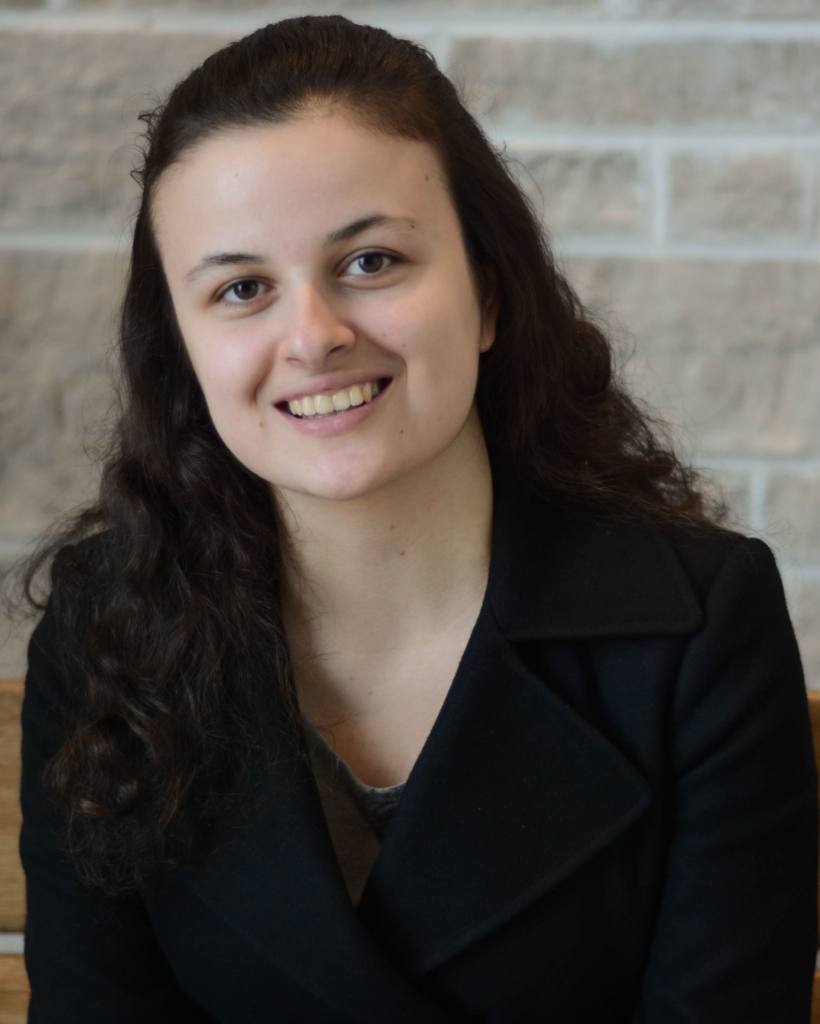It is not only impossible but irresponsible to separate medicine from politics, argues Anna Goshua
 To what extent is medicine political? From ruminations on the poor physician turnout in elections to fears about clinicians’ ideologies alienating patients, this question has spurred disagreement for a long time. Most recently, an editorial in the Wall Street Journal argued that the inclusion of subjects like gun control and climate change in the medical curriculum is tangential and hinders physician training.
To what extent is medicine political? From ruminations on the poor physician turnout in elections to fears about clinicians’ ideologies alienating patients, this question has spurred disagreement for a long time. Most recently, an editorial in the Wall Street Journal argued that the inclusion of subjects like gun control and climate change in the medical curriculum is tangential and hinders physician training.
As a medical student, I strongly believe that being educated in social justice will immeasurably improve the quality of care we provide in centring the needs of the communities and people we will serve.
During my undergraduate studies, I spent several years collecting evidence to inform an opiate prescribing guideline. The experience gave me the opportunity to shadow an anaesthesiologist who worked with patients with chronic pain, many of whom had come to him on high dose opiates and were also struggling with dependency or addiction. The escalating opioid epidemic kept the pain clinic busy, with patients commuting several hours each way simply because this was the only location where they could receive the specialised care they needed.
During each appointment, the anaesthesiologist made a point of having the patients narrate the life experiences that had led them to where they were. Through listening to these stories, I began to understand how their social context, such as occupation and socioeconomic status, shaped their exposure to risk, exacerbated their conditions, and limited their access to care.
It led me to realise that it is not only impossible but irresponsible to separate medicine from politics. The political landscape informs the care that we are able to provide to our patients and the resources they have access to. Research has repeatedly shown that the social determinants of health have a substantial impact on health outcomes.
Some of the most pressing issues that America faces, such as climate change, gun control, and access to health insurance, are often framed in terms of their relationship to the political left and right. Yet the fact is that all of these issues are objectively tied to the health of our patients. Climate change is the greatest threat to human health and survival. As healthcare providers, we have an obligation to counsel our patients when environmental changes will impact their health and to explain how to mitigate those effects. Gun violence brings tens of thousands of people to the emergency room every year and affects the health needs of survivors for the rest of their lives. Troubles with health insurance restrict the options that patients have within the healthcare system or exclude them from it entirely—even when they desperately need care—which is associated with poorer health outcomes.
Physicians have a rich history of social activism directed toward improving public health. Prominent historical examples include advocacy for tobacco control and seatbelt usage; more modern examples include Dr Mona Hanna-Attisha calling attention to the water crisis in Flint, Michigan and breakthroughs in patients’ access to medication assisted treatment. These initiatives have improved the health of millions of Americans in a way that transcends the reach of each physician’s individual practice. Leveraging our social capital to advocate for vulnerable communities and evidence based changes to health and social policies may very well be the most effective way that we can practice preventive care.
The Wall Street Journal Editorial Board followed the original article with an editorial that claimed that, “patients want an accurate diagnosis, not a lecture on social justice or climate change.” My time spent shadowing leads me to doubt that clinicians spend their time giving unwanted lectures on activism to patients. Equally, I’ve yet to see evidence that educating students on the intersection between social justice and healthcare interferes with clinical reasoning and giving a patient the correct diagnosis. If anything, equipping future doctors with this kind of knowledge is valuable because it helps physicians to better understand the issues faced by their patient populations and, by extension, how best to counsel and support the people they care for.
It is also important to note that a substantial portion of physicians come from privileged backgrounds. This does not prevent a physician from delivering empathic care, but it does mean that it’s important our medical education fills in any gaps that a student has not been made privy to by virtue of their lived experiences. Understanding the complex, multifactorial causes of the illnesses and barriers to treatment that our patients face grounds us in our limitations. This is paramount for people who have power over the lives of others, as we do.
A thoughtful medical curriculum understands that medicine is rooted in science but profoundly influenced by socioeconomic, cultural, and political factors. Over time, it has become standard practice to ask patients about aspects of their lives that were not previously viewed as relevant to health, such as smoking and domestic violence. Medical schools that choose to include social justice and advocacy in their curricula are not diluting the curriculum; they are adapting to the evolving needs of the patients our generation of physicians will be serving. Engaging with and understanding these issues will only make us more informed, effective, and compassionate doctors.
Anna Goshua is a second year medical student at Stanford University. Twitter @AnnaGoshua
Competing interests: None declared.
